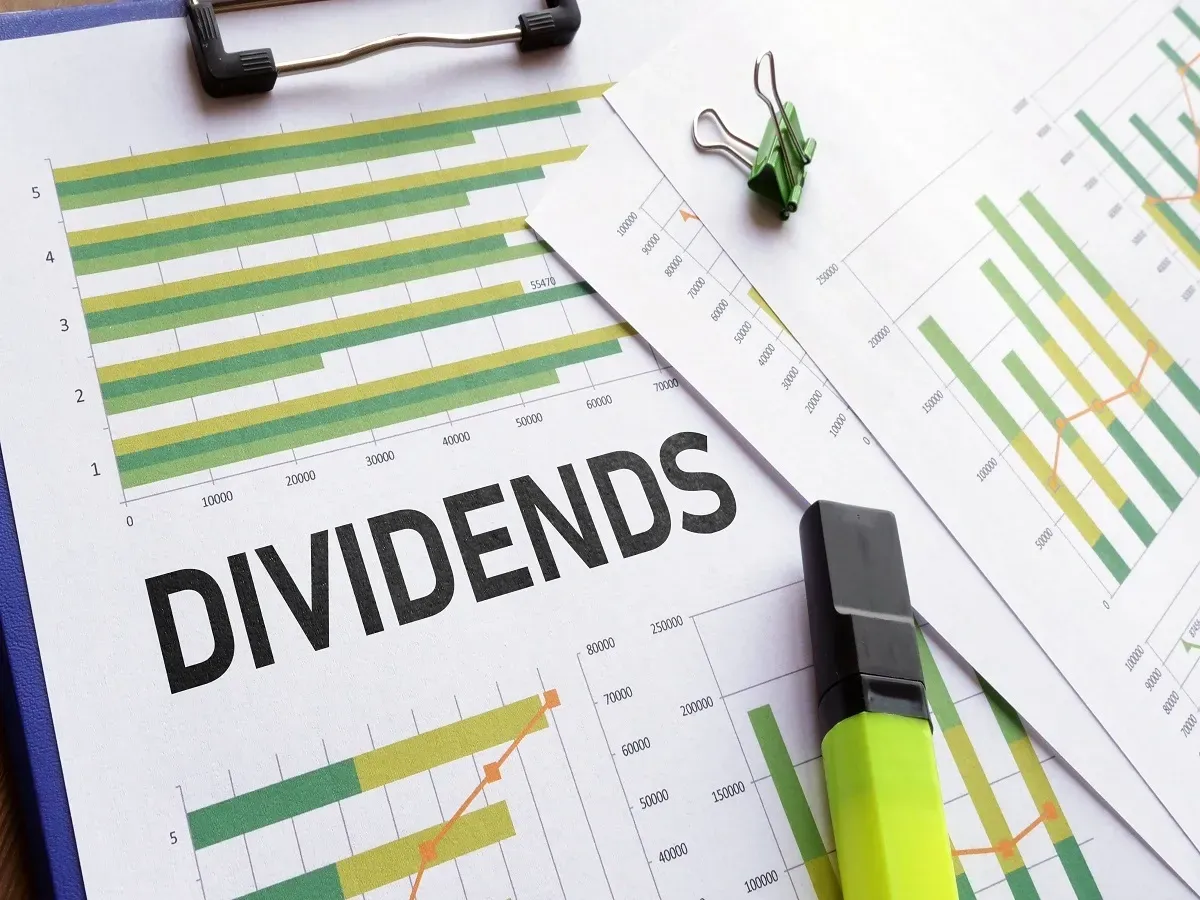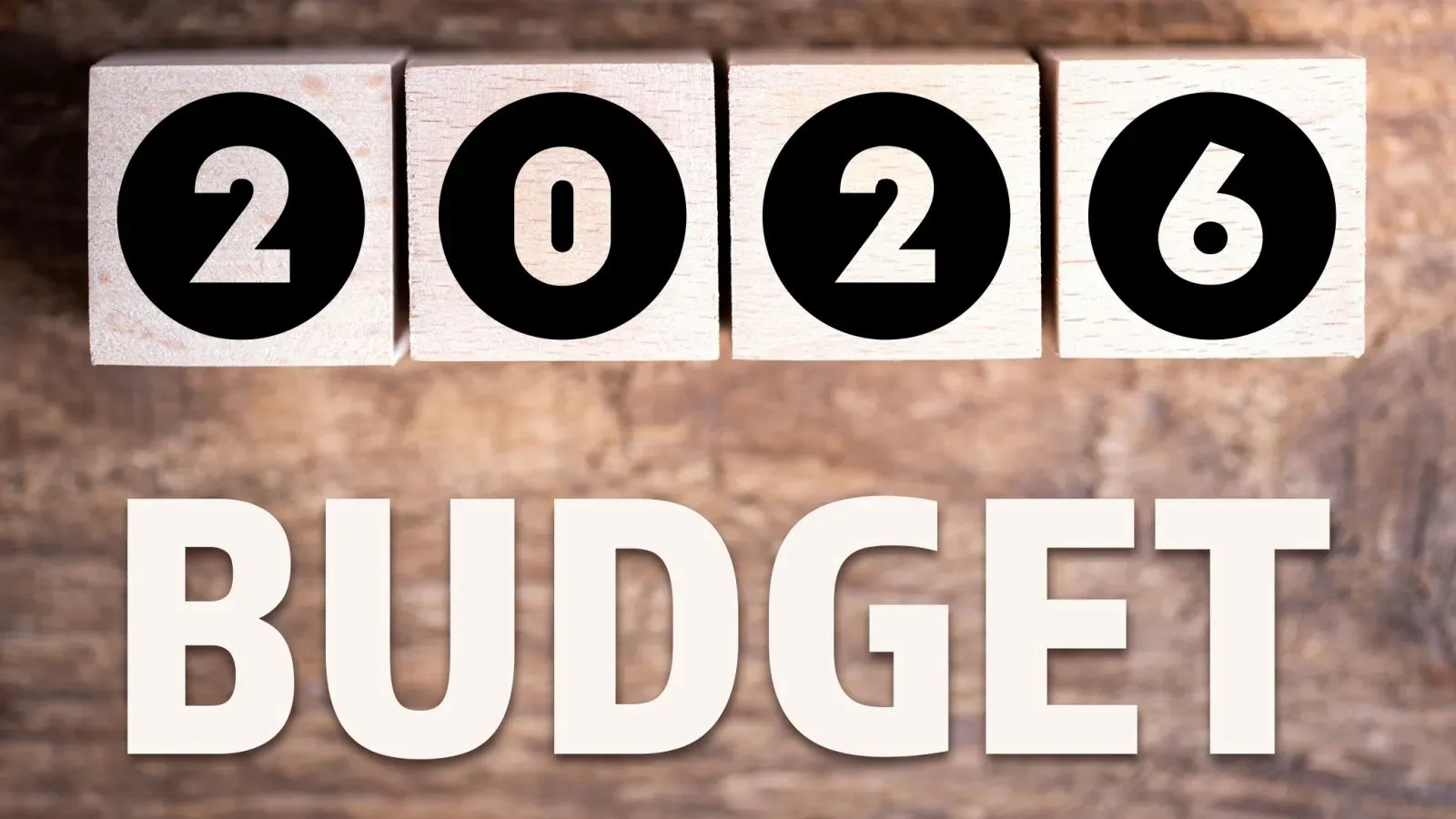Personal Finance News
Can investors still receive dividends from delisted companies?

3 min read | Updated on November 08, 2025, 09:39 IST
SUMMARY
When a company delists, its shares are removed from the stock exchange and are no longer publicly traded. Crucially, delisting doesn't mean the company has stopped operating; nor does it automatically prevent the company from declaring dividends to its shareholders.

If the company is delisted, shares are no longer traded on the stock market. | Image: Shutterstock
When a company delists from the stock exchange, one of the most common questions that arises in the minds of investors/ shareholders is: 'Can investors still receive dividends from delisted companies?'
"You can still collect dividends from a company whose shares are no longer traded on the exchange," said Mumbai-based tax and investment expert Balwant Jain.
What happens when a company delists?
When a company delists in India, it means its shares are no longer traded on the Bombay Stock Exchange (BSE) or National Stock Exchange (NSE).
Dividends are paid from the profits of a company, and their distribution is at the discretion of the company’s board.
"Dividends are paid from the profits of a company, so whether it is de-listed / listed / unlisted. So, even if a delisted company declares a dividend, you will be entitled to receive the dividend. A dividend is something that is up to the company whether they want to distribute or not. A profit-making company may not distribute dividends if they are planning to reinvest the profits for future business expansion, like say setting up a factory/capacity expansion," said Ronak Morjaria, Partner at ValueCurve Financial Services
Real-Life example: Dividends from delisted companies
There have been instances where shareholders of delisted companies received unexpected dividend payouts.
"I continue to hold 28 shares of Carrier Aircon, which delisted years ago when it was a listed entity. Just received my annual dividend payment," one user posted on social media platform x.
Another user replied: "That's 35.5/per share of dividend. Higher than Vedanta, which is one of the dividend masters. Crazy number. Very clever of you to hold onto this."
Consider Carrier Aircon Ltd. delisted after its parent, Carrier Corporation, increased its stake and took it private. Despite this delisting, the minority shareholders who did not sell their shares remained eligible for, and received, dividends declared by the company.
Even if a company has delisted, if it continues to operate and generates profits, it may still choose to distribute dividends to its shareholders.
Types of delisting
What happens to shareholders after delisting?
When a company delists, shareholders can no longer trade their shares on the stock exchange. However, they still own their shares.
Listed vs delisted companies
The main difference is in how the shares are traded.
In the case of listed companies, shares are bought and sold on the stock market every day. This means the share price keeps changing, and the company’s total value (say, a ₹100 crore valuation) can fluctuate constantly. The company also has to report everything to the stock exchange.
If the company is delisted, shares are no longer traded on the stock market, so the price usually stays steady.
Related News
By signing up you agree to Upstox’s Terms & Conditions
About The Author
Next Story




